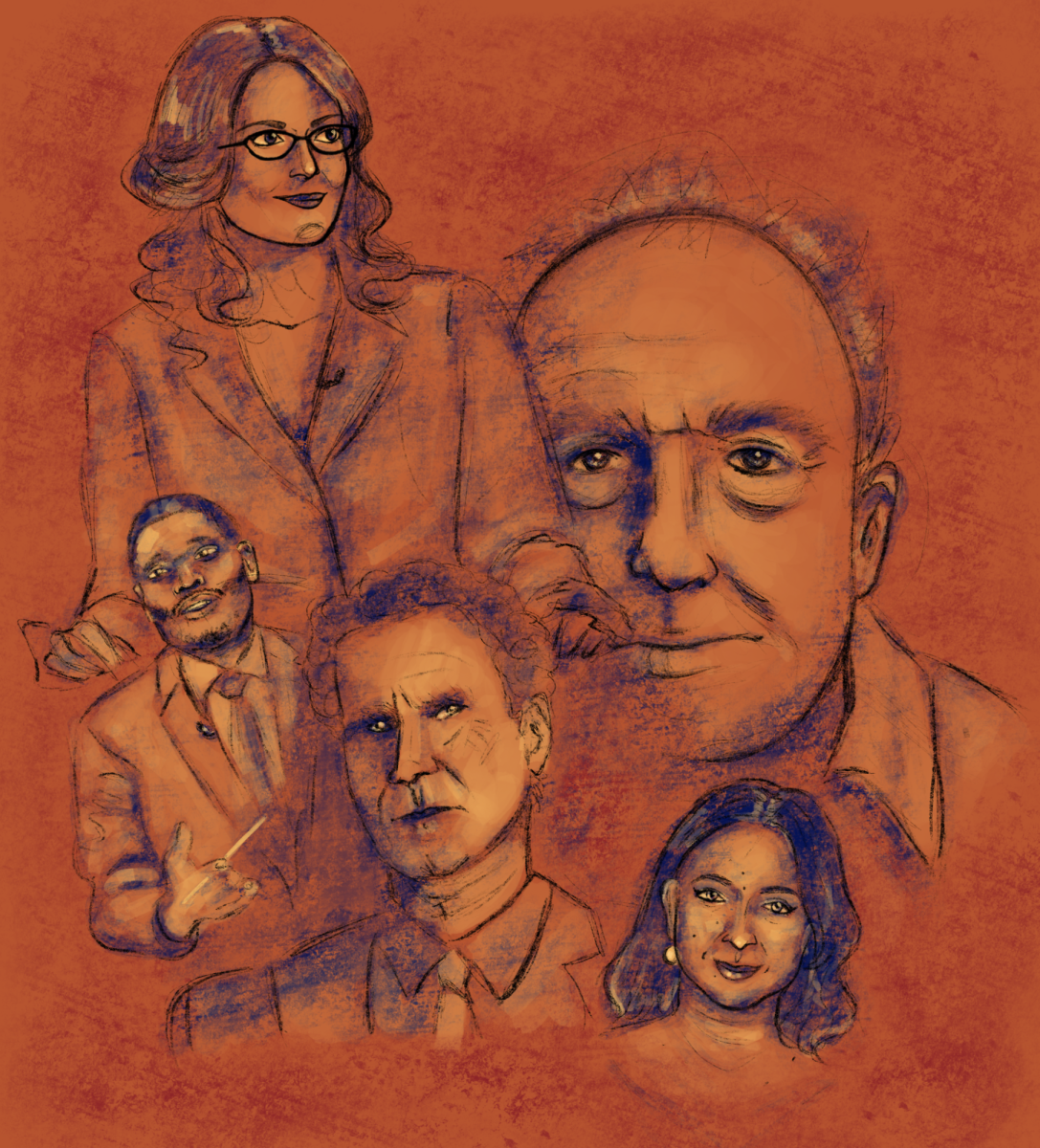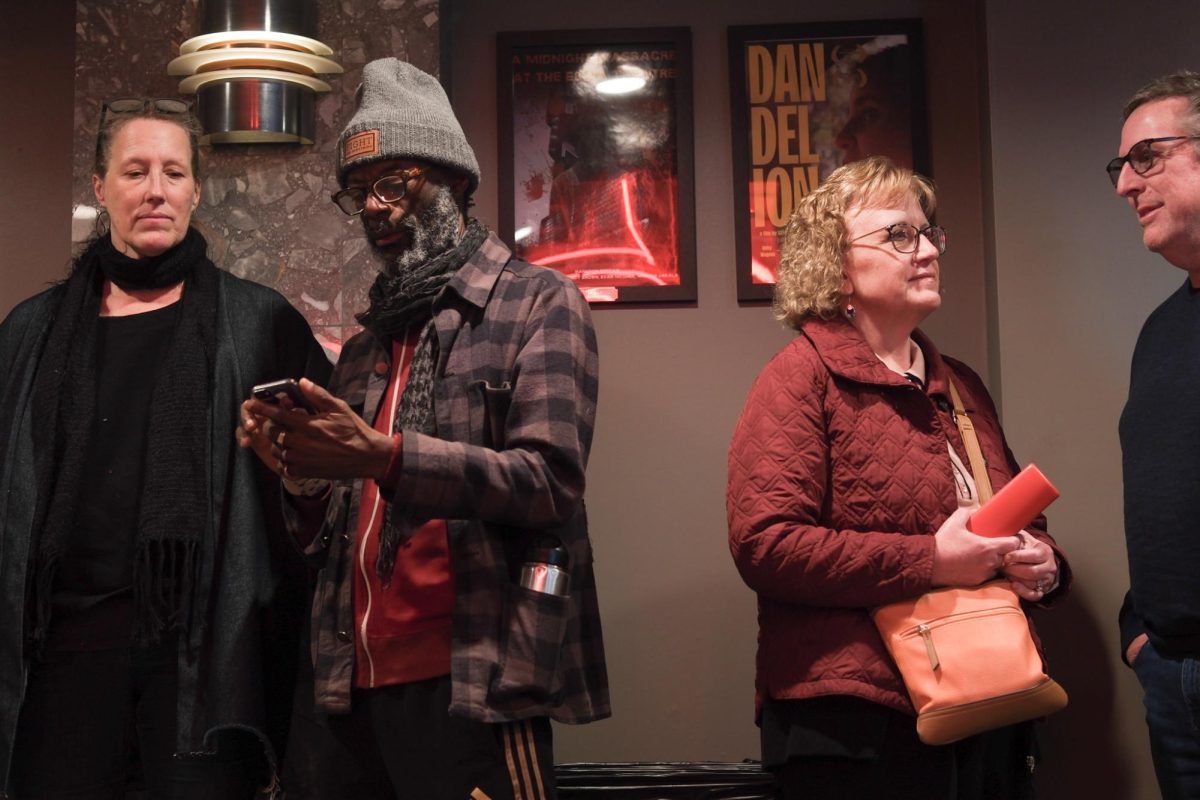During the 97th Oscars award ceremony, Adrien Brody walked onto the stage to claim the Academy Award for Best Leading Actor in his role in “The Brutalist.” The movie followed his character László Tóth, a fictional Hungarian-Jewish Holocaust survivor and respected architect who immigrated to America in search of a better life. This was Brody’s second nomination and second win. However, the award was met with controversy, not solely related to the length of his acceptance speeches.
Extensive discourse surrounded not only Brody’s nomination, but the entire validity of the film, specifically relating to the incorporation of AI. In order to enhance specific sounds of Tóth’s Hungarian accent in a specific monologue, Brody’s voice was tweaked with Respeecher, which recorded Hungarian film editor Dávid Jancsó’s voice into the software, editing Brody’s accent to sound more authentic. While the true incorporation of AI is miniscule in the larger breadth of the movie, the movie’s win hints towards the growing immersion of AI within film production and touches on fears of job insecurity for film-related careers.
Brody’s response towards the criticism added to the disconcertion.
“I understand we live in a time where even just the mention of AI is a bit triggering,” Brody said in a podcast for Vanity Fair. “We live in a time where, unfortunately, things can be misappropriated quite easily on the internet, and I just wish people had more understanding of the context and fact of the circumstances.”
While Brody meant to note the small measure of AI used in the movie, he ironically misses the true context, which happens to be the foundations of the opposition’s frustrations. Though the SAG-AFTRA strikes ended in November 2023, its lingering implications still continue, especially the residual fears of actors and writers against AI threats. AI is not simply a futuristic enhancement; it’s a very relevant program incorporated to a wide variety of softwares, including some post-production editing programs for films. Ignoring the context would be ignoring the 118 days strike defined by obtaining contracts with artificial intelligence protections.
In fact, seven years earlier, Rami Malek won the same award for his role as Freddy Mercury in “Bohemian Rhapsody.” Malek’s singing was edited in post-production in order to capture the full intensity of Queen’s music, but this altercation was met with considerably less hostility due to AI holding a less pervasive context.
Though the security of screenwriter and actor’s jobs stands as the more pressing issue when it comes to AI, the creative spark of acting itself comes under pressure. There is always an appreciation for actors who dive into a character and immerse themselves in their persona. Fellow Best Leading Actor nominee Timothée Chalamet, for example, spent six years researching Bob Dylan in order to perfect his mannerisms and voice cadence, without using the editing of AI to fill in any missing blanks.
Even with the slight intervention of AI, Brody’s physical acting is commendable in “The Brutalist,” and the award given was not solely due to a more perfect accent. But neglecting the implication of slight AI editing truly weakens the strength of the title.
This piece was originally published in Zephyrus’ print edition on March 27, 2025









